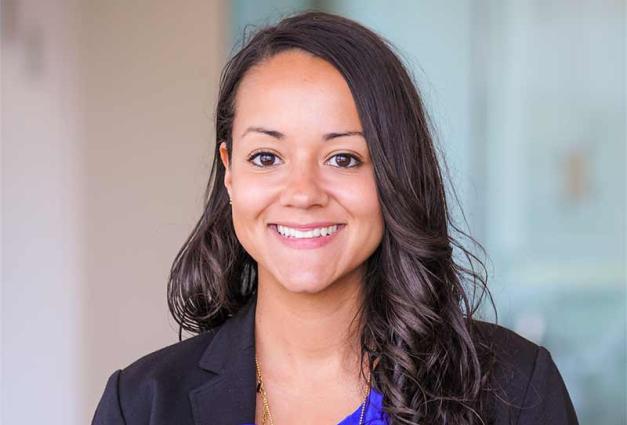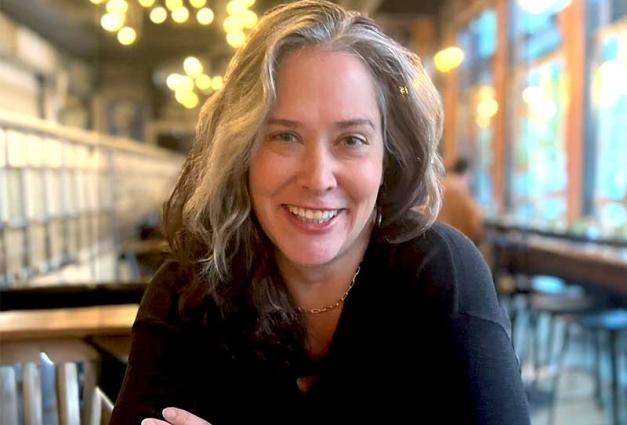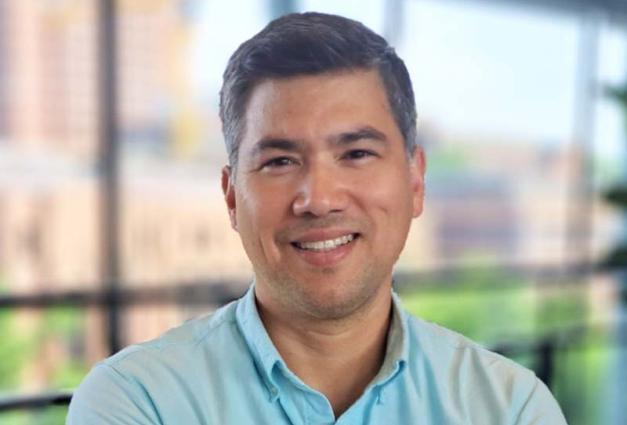Cynthia Willis-Esqueda is an associate professor at the University of Nebraska-Lincoln, where she is a faculty member in both the social psychology and psychology/law programs. Her research interests are focused on the motivations for and cognitive processes about "race" and ethnic bias, particularly against America's indigenous populations (Mexican Americans and American Indians). Her research focuses on race and ethnic bias and the impact for legal process, legal outcomes, and health and well-being.
Employer: University of Nebraska-Lincoln
Job Title: Associate Professor
Highest Degree: PhD
Institution Providing Degree: University of Kansas
What led you to choose a career in personality and social psychology?
Kurt Levin (1946) stated “The research needed for social practice can best be characterized as research for social management or social engineering. It is a type of action research, a comparative research on the conditions and effects of various forms of social action and research leading to social action. Research that produces nothing but books will not suffice”. I think this quote fits my personal engagement in the theoretical understanding and application of social psychology. My parents taught me to be aware of social problems and actively work to make social relations improve. They were active in the Congress of Racial Equality (CORE). My own personal ethnic experiences and background led me to social science research on race and ethnic issues, and it was a natural progression to focus on personality and social psychology and the importance of context and culture.
Briefly summarize your current research, and any future research interests you plan to pursue.
My research has always focused on the ways social psychology can inform the law and legal issues. My specific focus is on understanding the origins and meaning of race and ethnic bias (particularly against Latinos and American Indians) from legal and psychological perspectives, and how that bias impacts legal decision making and procedures. For example, using aversive racism theory and critical race theory, my former student, Russ Espinoza, and I have a series of studies that demonstrate biased culpability and sentencing decisions against Latinos by Whites, but after research in three states, with student and community based samples, and different offense types Latinos have not shown such bias against Whites or Latinos. Most importantly, we found this effect in two studies that contained a death sentence as a sentencing option. We were honored for that work by a national organization, Death Penalty Focus.
I am also interested in how origins and meaning of bias explain health disparities. A colleague and I are currently looking at stress levels with cortisol (measured by saliva and hair samples) for new university students to see if minority students enter with higher levels of stress compared to White students and stay more stressed in the first few months. This may help explain the acculturative stress minority students encounter, and the greater college dropout rates.
Why did you join SPSP?
My graduate school advisor, Lawrence S. Wrightsman, was a past president of SPSP, and he told me to! Seriously, SPSP is the organization that allows me to stay current with topics that I might not focus on, but that are important to an overview of the field. I can attend the annual conference or read one of the SPSP journals and instantly keep myself updated on my areas of interest, as well as other areas that are important. It is one of the most important sources of information to utilize, besides the fun of meeting like-minded scholars!
What is your most memorable SPSP Annual Convention experience?
The 2013 SPSP meeting in New Orleans was held on my birthday. My talk had gone very well, and my students’ posters were well received. I had gone to the hotel lounge and had a cocktail and charbroiled oysters. The family of my best friend since childhood was from New Orleans, and I called her to tell her where I was. Her immediate reply was “You’re at the Hilton. You have to get the charbroiled oysters”. I said, “Margo, what do you think I am doing?” Priceless. This was particularly memorable because she died the following year.
How has being a member of SPSP helped to advance your career?
My SPSP membership has allowed me to engage with scholars from around the world on topics that are of interest for my own research work or that are relevant to the courses I teach. Being a member of SPSP means I have access to the latest information on personality and social psychology and stay connected to a discipline that continues to advance our understanding of social behavior at the global level.
Do you have any advice for individuals who wish to pursue a career in personality and social psychology?
One of my major professors, Jack Brehm, gave me sage advice when he said “You don’t become a social psychologist for the money”. And, I have to agree. You become a scholar of social psychology because you have a passion to understand the causes of social behavior, locally regionally, nationally, and even internationally. And, you never get tired of trying to determine the veracity of current findings in the field.
Outside of psychology, how do you spend your free time?
I live in a dual citizenship family, so we travel to Mexico as often as we can. I also like to learn about historical events in United States and Mexico. I have found that learning about historical events, particularly about ethnic groups, can provide a plethora of information to explain current issues and perspectives. I always tell my students there are reasons to explain why ethnic groups and their members think and behave the way they do. Our goal is to find the reasons.




